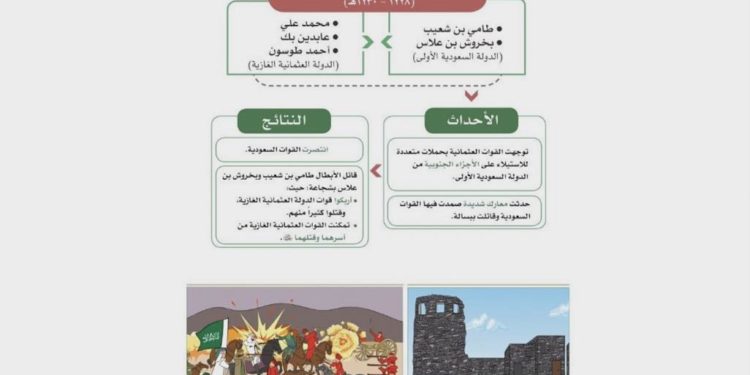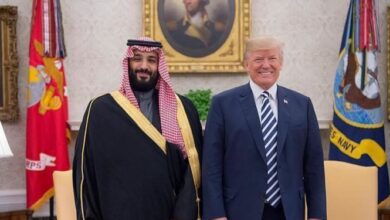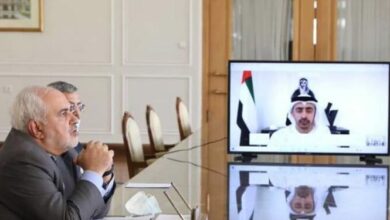The Saudi regime put political differences into school curriculum

The Saudi regime engulfed its political differences with regional states in the kingdom’s curriculum in one of its most recent successive failures.
A few days ago, the New Curriculum label issued the list of the most circulated in the Kingdom following the publication of pictures by tweeters that they said were new curricula that witnessed drastic changes in their content, especially regarding the emergence of successive Saudi states and the battles they fought against the Ottoman Empire.
Although these amendments have not yet been formally issued, the photos circulated by the tweeters show how the Ottoman Empire fought the first and second Saudi states and supported some local leaders against King Abdul Aziz, the founder of the third Saudi state.
These methods alleged that the Ottomans tortured some of the first Saudi imams, and the restrictions on the people of Al-Ahsa and Asir, and the displacement of the people of Medina.
The curriculum also reported battles and events in which the Ottoman forces tried to extend their influence over the various tribal areas in the Arabian Peninsula, describing those forces as invaders.
These descriptions came in the context of introducing the curricula to the history of the Arabian Peninsula and the civilizations and the successive countries.
A number of tweeters welcomed these changes, which they saw as a blow to the last strongholds of the Muslim Brotherhood in education, considering that the curricula were “hijacked” by them in the past decades. others considered that no matter how the curriculum changed and manipulated to conform to the dominant culture, there will come a day for the compatibility of the Islam.
The Saudi regime is seeking to redefine the curriculum and empty it of any influence of the Muslim Brotherhood, according to a statement published last year by former Education Minister Ahmed Al-Essa.
The ministry is also working to combat what it calls extremist thought by reformulating the curriculum and developing textbooks, and ensuring that it is free from the banned Muslim Brotherhood curriculum.
Mohammed bin Salman said in an interview with the US television network “CBS” that elements of the Muslim Brotherhood, which Saudi Arabia considers a “terrorist group”, have infiltrated the schools.
Many Muslim Brotherhood activists in Egypt fled to the Kingdom in the 1960s following the pursuit of President Gamal Abdel Nasser’s regime, and huge numbers were employed in teaching and the public sector.
Saudi authorities are arresting a number of sheikhs, scholars and preachers affiliated with the Awakening movement, most notably Salman al-Awda, Safar al-Hawali and Awad al-Qarni.
US officials make no secret of their demand for a real and rapid battle with “extremists” within the curriculum as the most influential space on students’ minds.
Washington argues that all causes of extremism must be trapped and pursued in its dens and basins, such as school curricula that would be the first seed in planting a takfiri mentality and a hostile culture far from the spirit and authentic values of society.
The American Committee on International Religious Freedom said in a statement that it compared 12 religious textbooks in the high school curriculum in 2017-2018 with copies from 2012-2014, and showed that the current books “contain not only a number of fanatic and inflammatory paragraphs, but also in particular, several paragraphs are thought to have been omitted from previous books.”
This committee stated that one example of the content that I described as “fanatical” in some Saudi educational courses, paragraphs glorify “jihad” as a fight against non-Muslims and provides for the killing of apostates and non-Muslims and warns Muslims not to accompany them.




